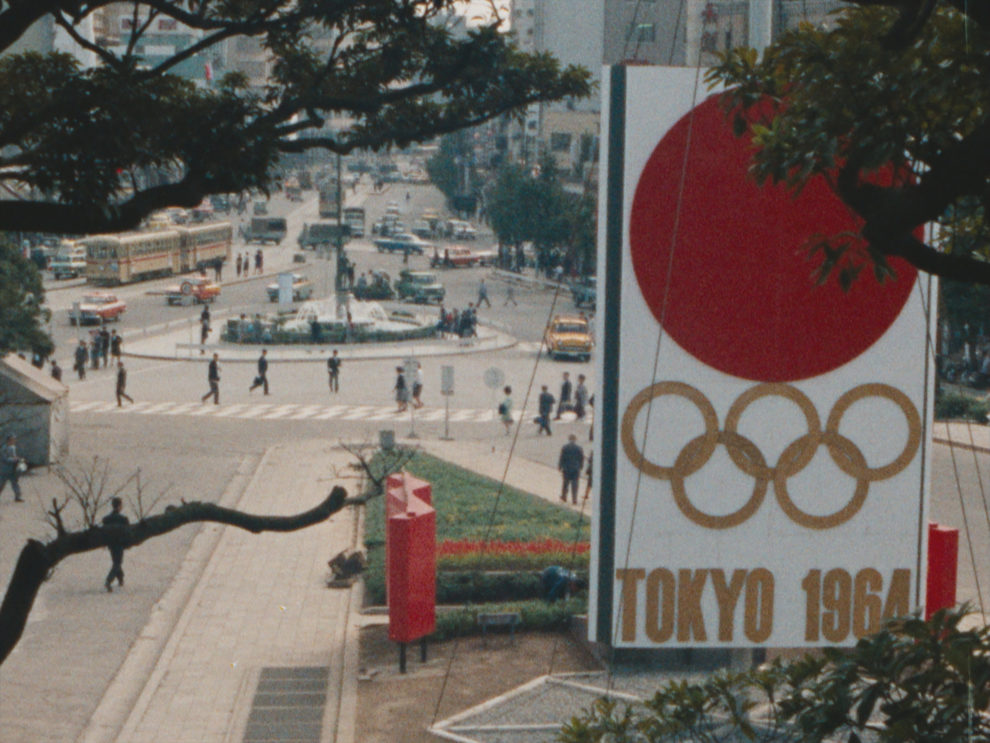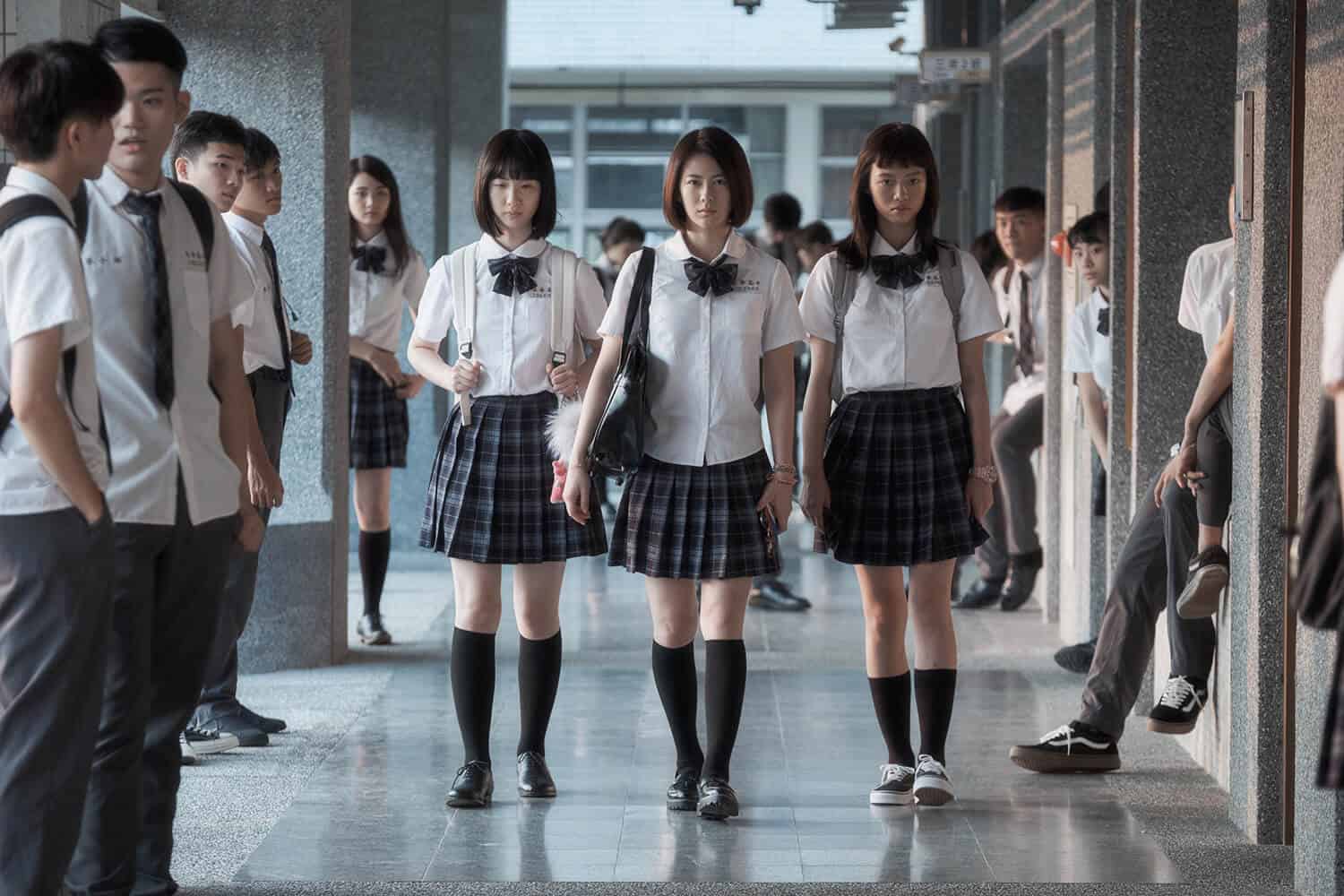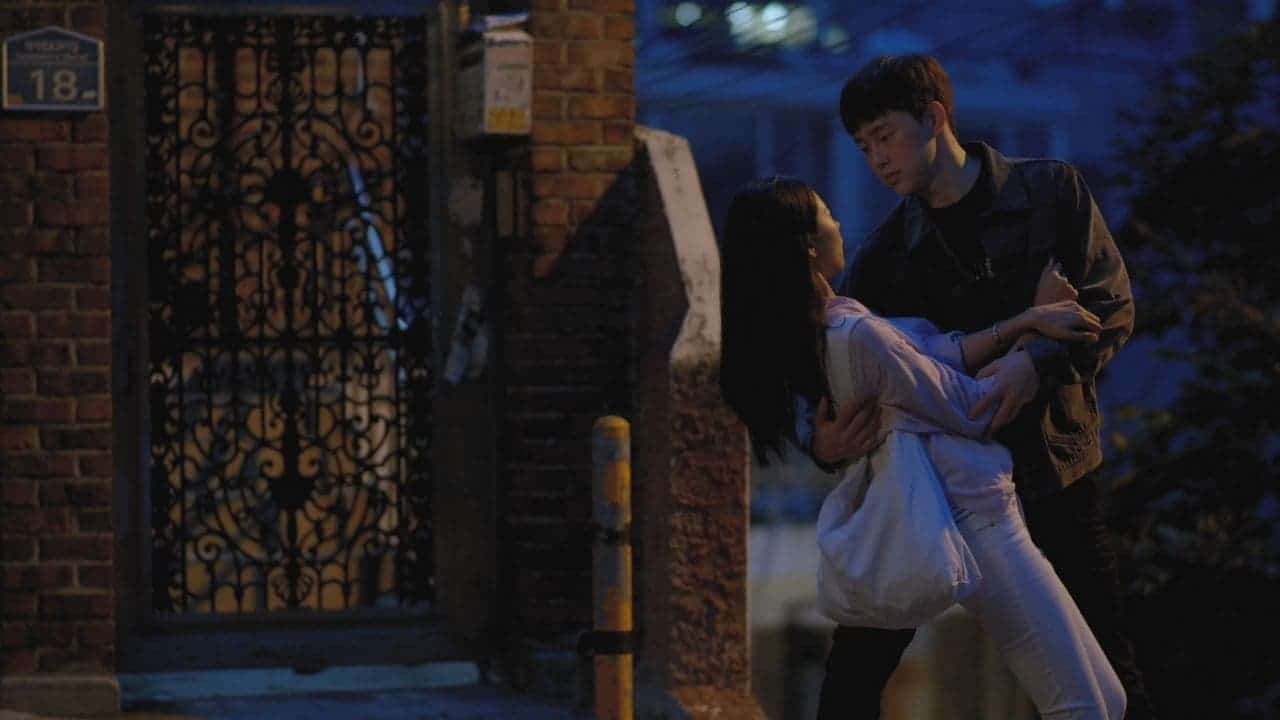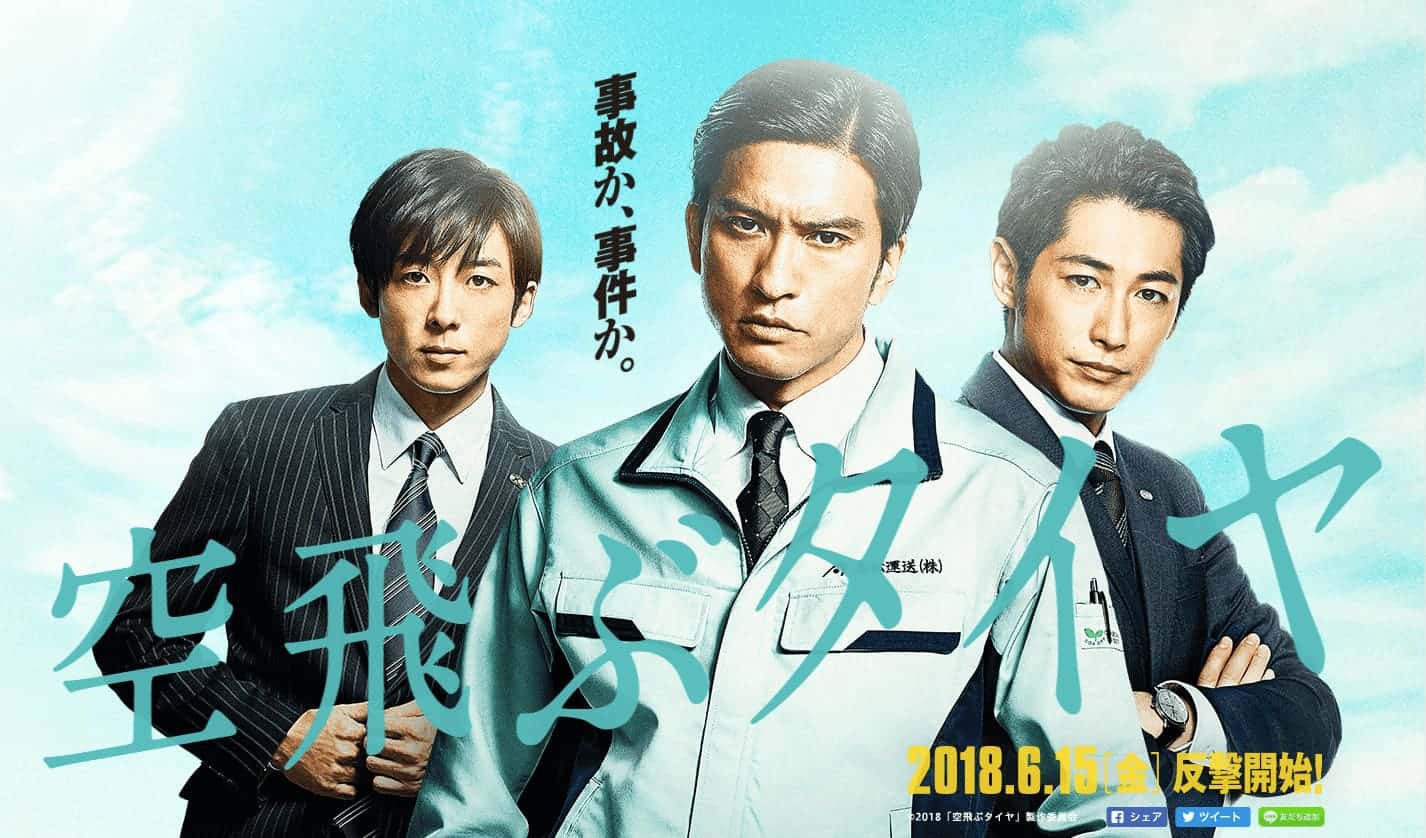Even without the still ongoing pandemic, the organization of a sports event such as the Olympics has to be one of the most taxing assignment for any city. Apart from the accommodation of the athletes and the building of the necessary facilities, there is also the question of logistics, which needs to be addressed as soon as possible. Transportation to the events, the athletes and their equipment has to be ensured, otherwise this could shape how a city and its officials are perceived in the outside world, as well as within the country itself, as the Olympics also offer the opportunity for a country to present itself from the most positive side. During the last Olympics in Tokyo, this aspect was organized by Nippon Express, a giant undertaking which was filmed by directors Shinkichi Noda and Toshio Matsumoto, who would go down in the Japanese film industry as one of the leading figures of the counter culture with “Funeral Parade of Roses”.
Nippon Express Carries the Olympics to Tokyo is screening at Japanese Avant-Garde and Experimental Film Festival
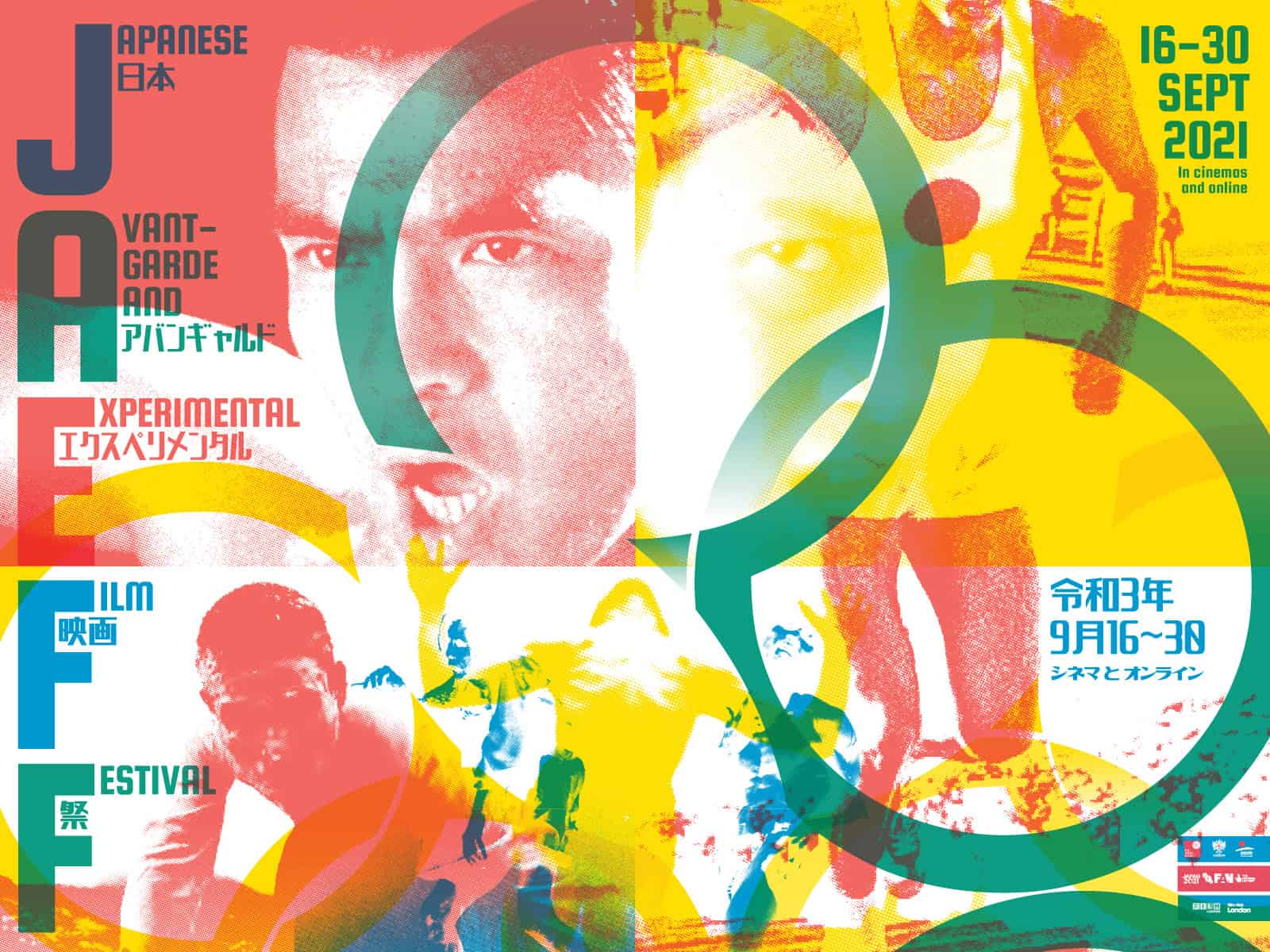
In order to have a chance to direct and get paid, many directors created documentaries such as “Nippon Express …” which essentially work as a kind of advertisement or image campaign for the company. Scenes such as employees being instructed by their bosses, listening attentively and maintaining a look of dedication is exactly the kind of image the company, and in the end also Japan, wants to get across to the viewer. Similarly, the voice-over talking about the miles a transport has to go until it reaches its destination, the number of shipments arriving at Tokyo harbor or the number of hours invested in one delivery, suggests what a giant undertaking this whole operation means for Nippon Express. When saying the workers have to maintain caution and care because they “carry the hopes and dreams” of the athletes on their shoulders, this gives some level of insight into the kind of image Nippon Express would like to express in this documentary.
At the same time, Noda and Matsumoto also deliver a rather positive image of Tokyo and Japan. Qualities such as punctuality, care, dedication and progress define nearly every frame of their feature, while the technical prowess is also evident, especially in the editing and the cinematography.
“Nippon Express Carries the Olympics to Tokyo” is a documentary showing the organization and the logistics of the 1964 Olympics. What is essentially an image campaign for the nation and the company, shows also the technical prowess of the two directors.


